Amazing game. Amazing comeback. Surely one of the main highlights of our soccer history.
I was in Boston visiting a relative. Once there they told my relative's friend that there is a restaurant that shows Iran's games and if I wanted we could go there to watch this one. So we got up at around 3:00am and went there and it was packed with Iranians (and one Australian guy). The owner kept trying to get the game on his TV but the signal wasn't working. In the meantime someone got on the computer and found a site that reported the game every minute or so. So he kept reading us what was going on and just about every line was an Australian attack. Finally Australia scored. The owner was still trying to get us a signal but was unsuccessful. The second half started pretty much the same as the first and when Australia scored the second goal (that again we only were able to read about) everyone pretty much got up to leave as we figured it was over. I came back and went straight to sleep but in the morning my relative started waking me up to tell me that Iran had qualified. I shrugged if off thinking it was just a prank to wake me up. It wasn't until lunch that day when we ordered chelo kabab from Moby Dick that I grabbed the phone from my relative after the order was placed and asked the owner if the 2-2 tie was true and they confirmed it was.
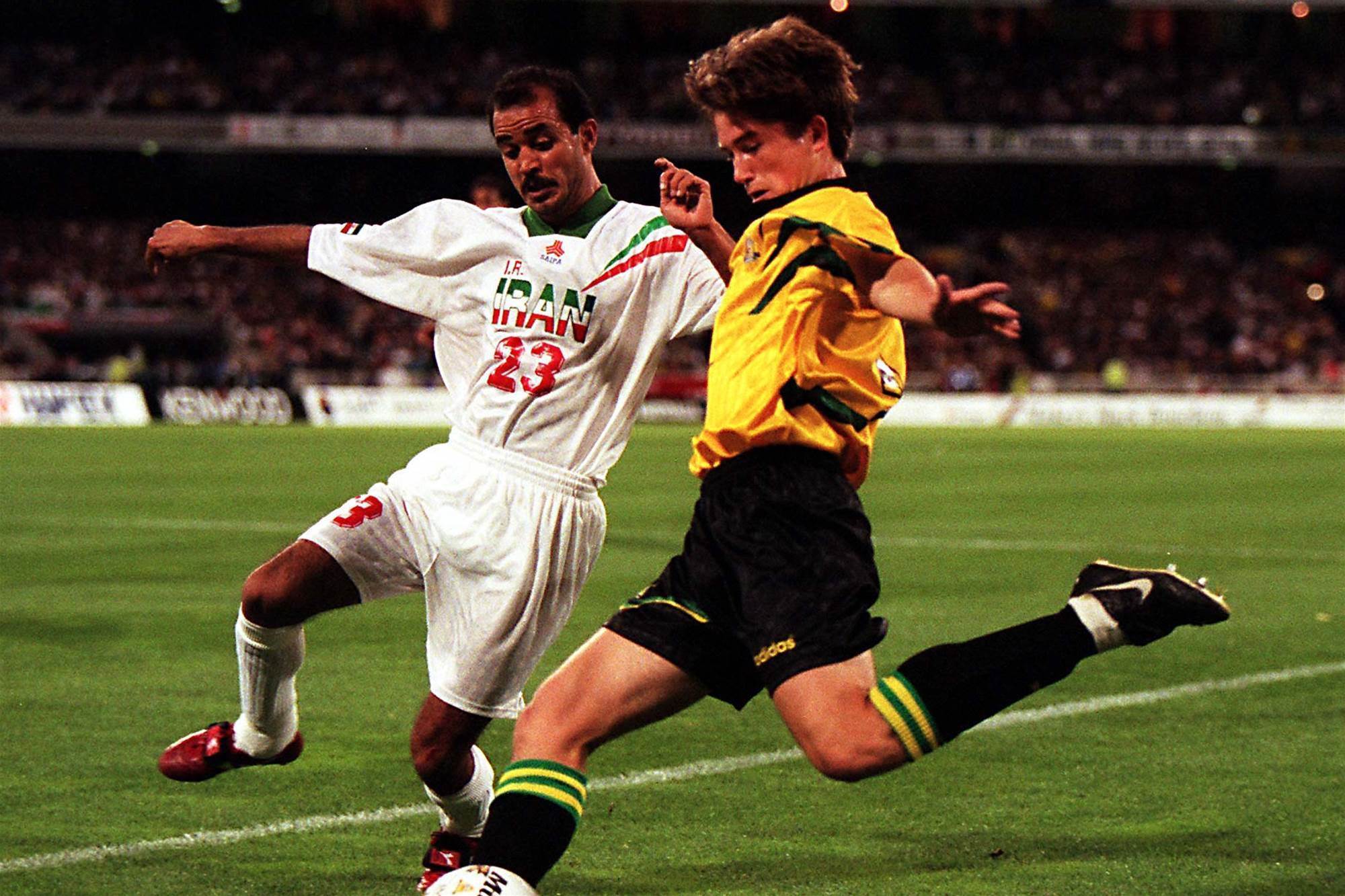
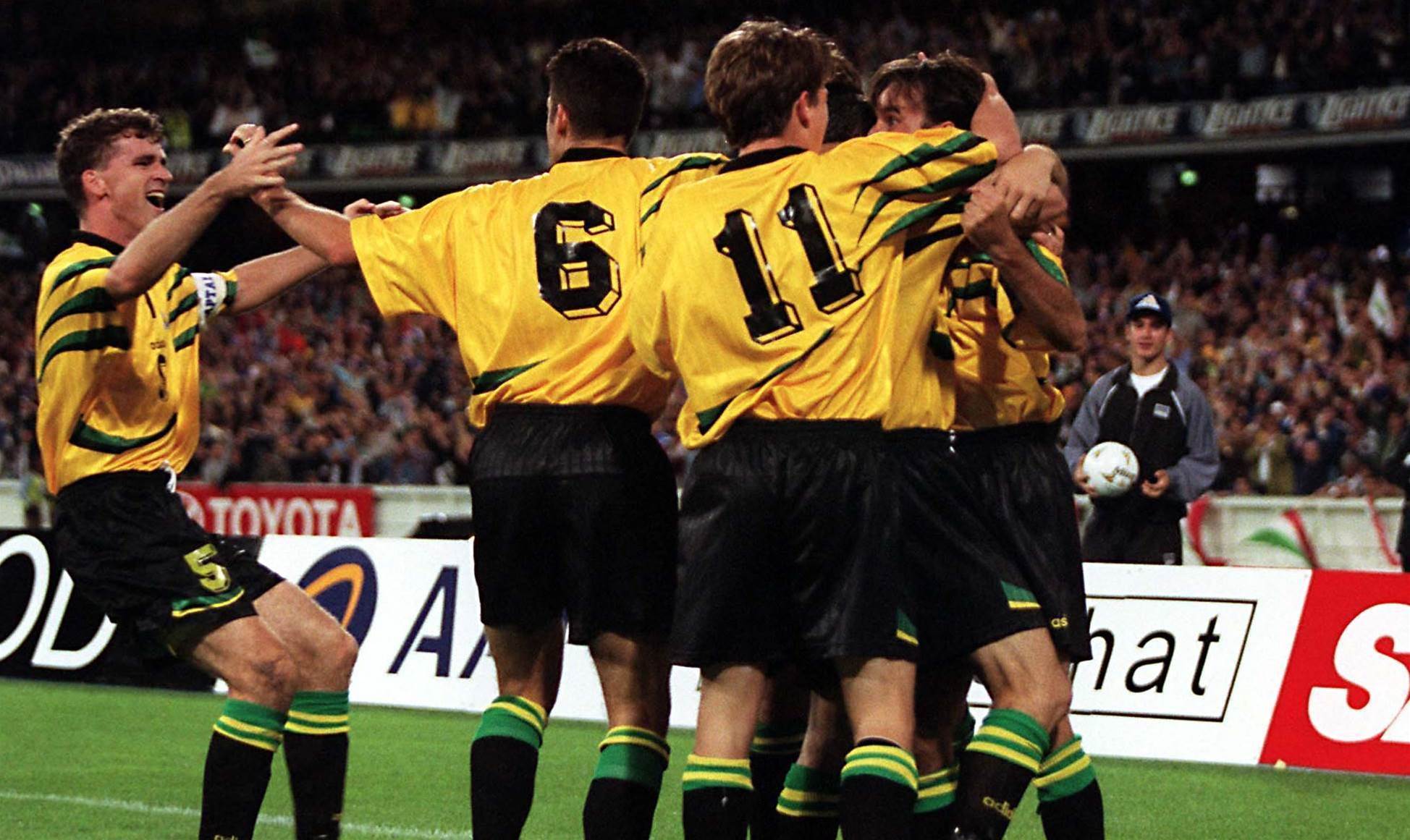
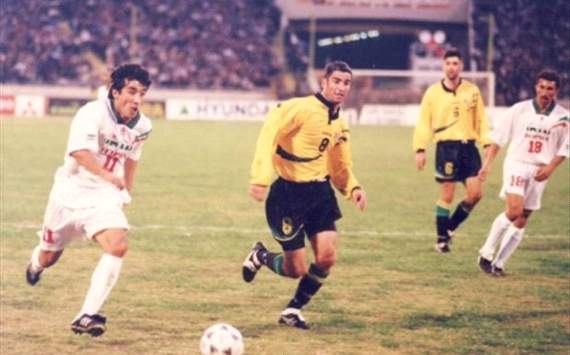



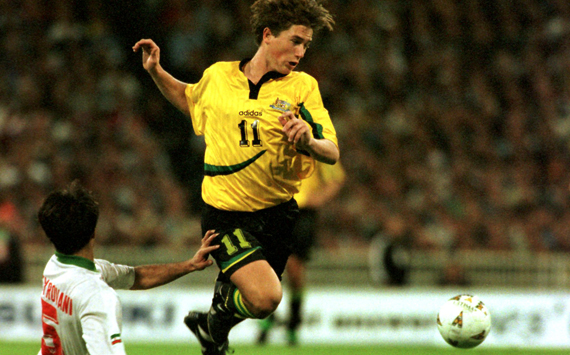
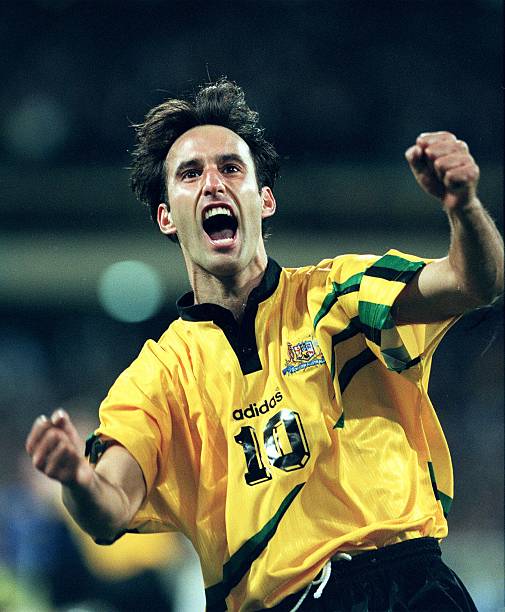
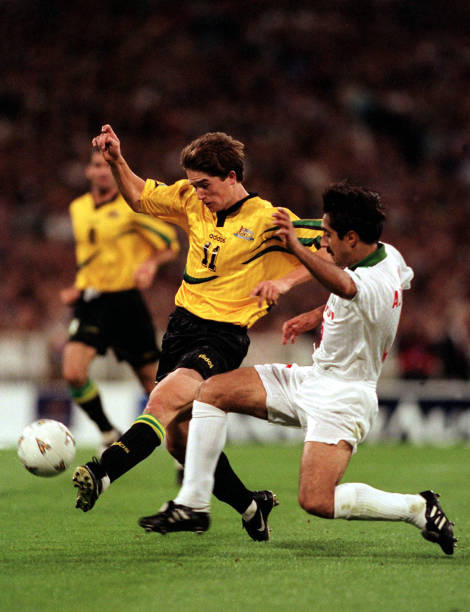



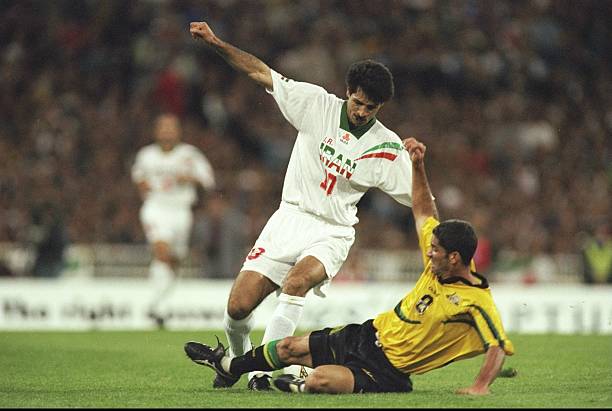
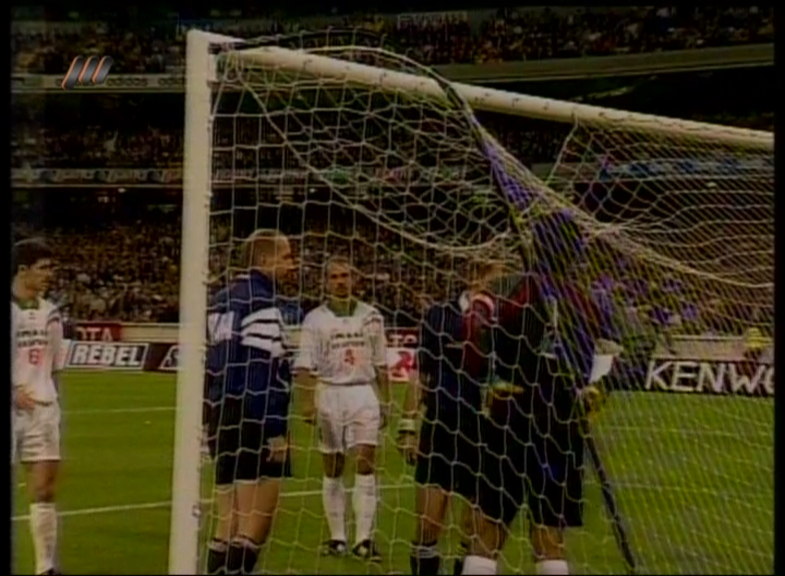

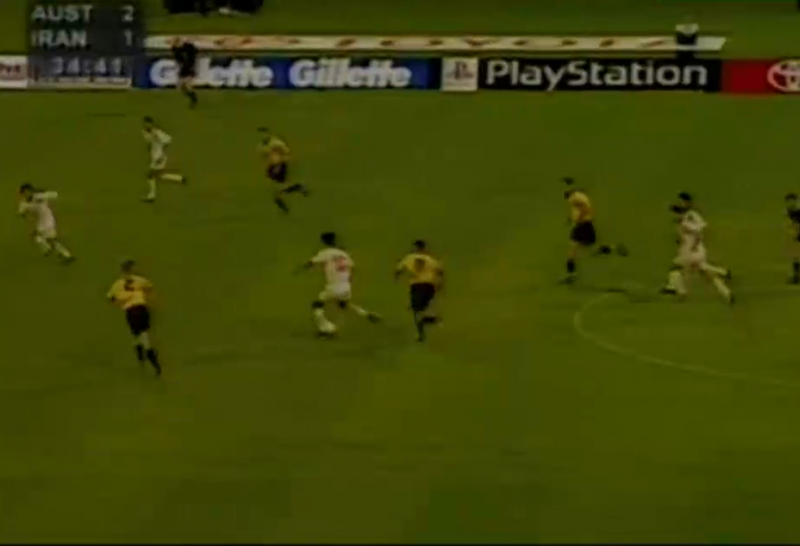
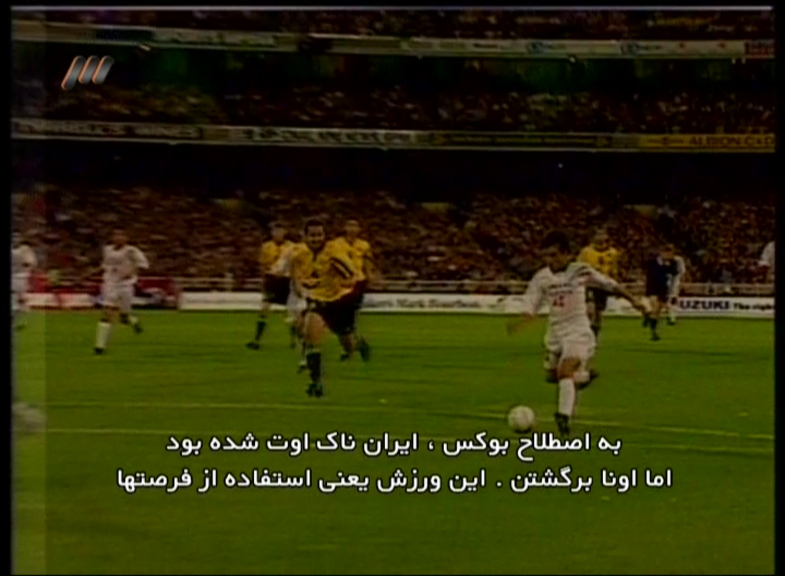
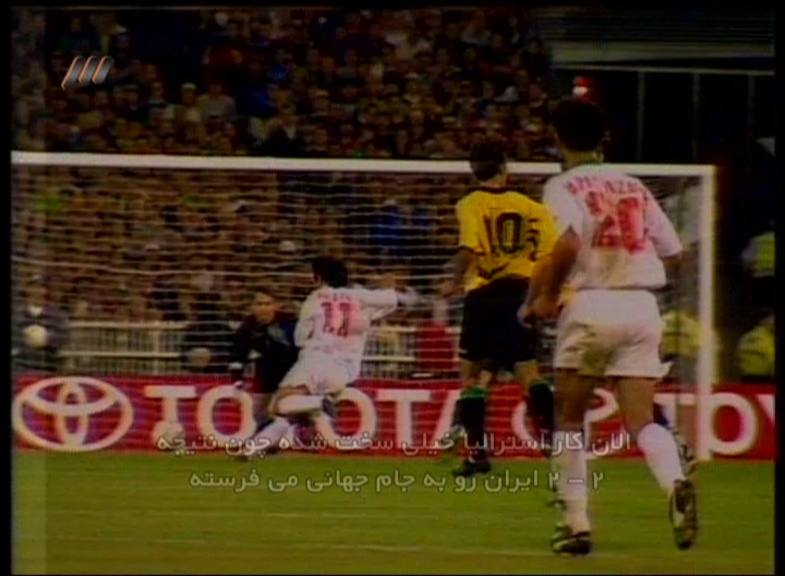
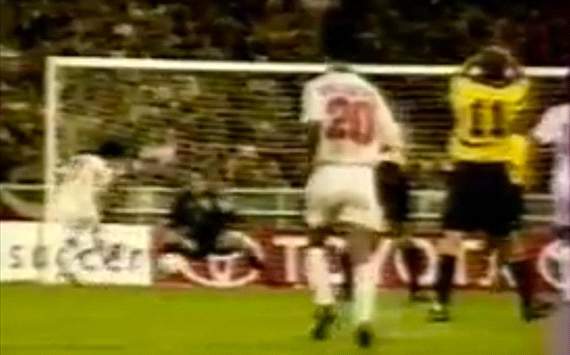

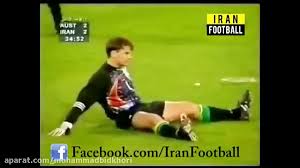


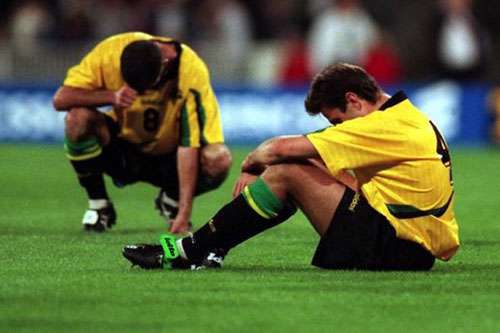


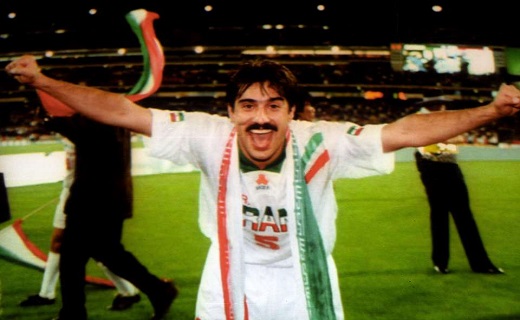





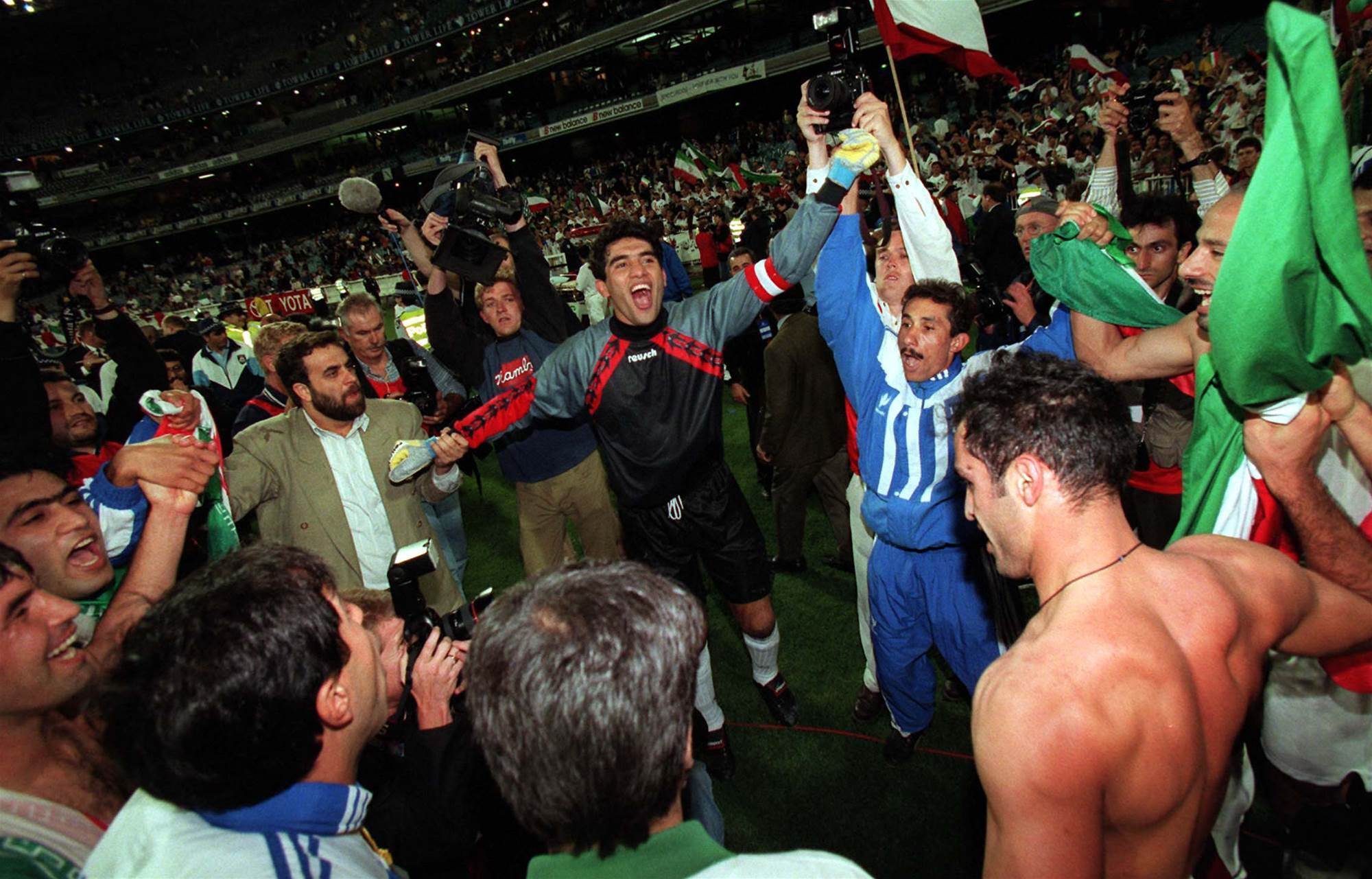
I was in Boston visiting a relative. Once there they told my relative's friend that there is a restaurant that shows Iran's games and if I wanted we could go there to watch this one. So we got up at around 3:00am and went there and it was packed with Iranians (and one Australian guy). The owner kept trying to get the game on his TV but the signal wasn't working. In the meantime someone got on the computer and found a site that reported the game every minute or so. So he kept reading us what was going on and just about every line was an Australian attack. Finally Australia scored. The owner was still trying to get us a signal but was unsuccessful. The second half started pretty much the same as the first and when Australia scored the second goal (that again we only were able to read about) everyone pretty much got up to leave as we figured it was over. I came back and went straight to sleep but in the morning my relative started waking me up to tell me that Iran had qualified. I shrugged if off thinking it was just a prank to wake me up. It wasn't until lunch that day when we ordered chelo kabab from Moby Dick that I grabbed the phone from my relative after the order was placed and asked the owner if the 2-2 tie was true and they confirmed it was.







































Comment